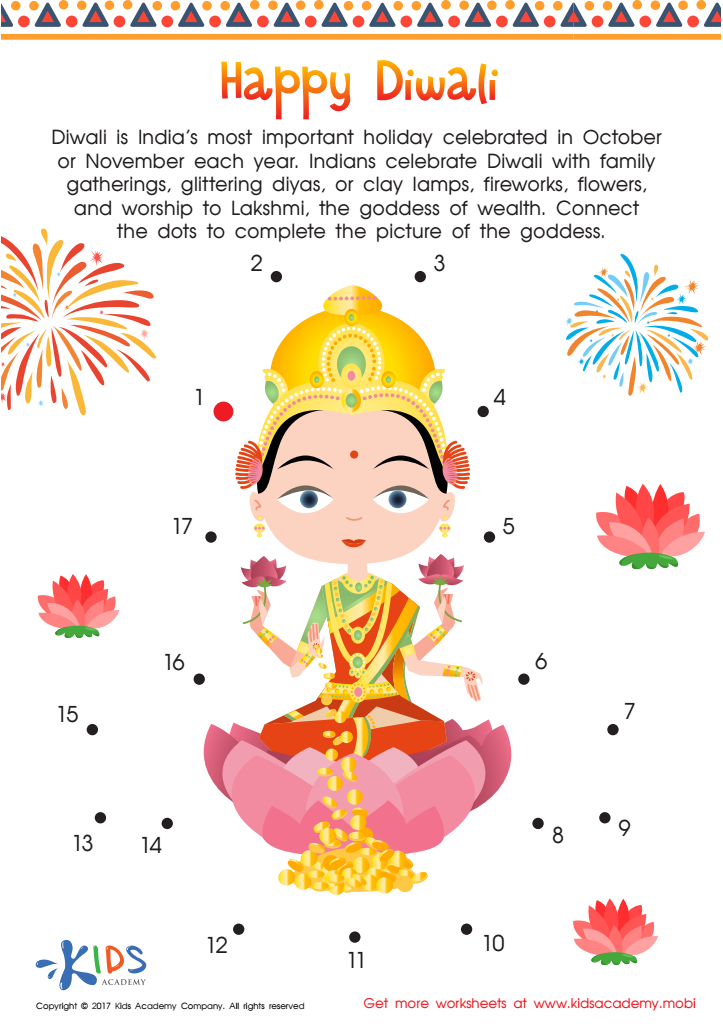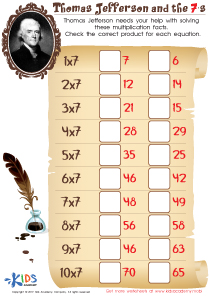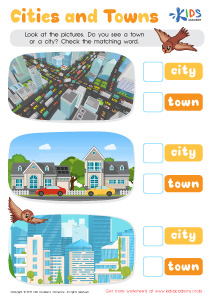Color recognition Easy Social Studies Worksheets for Ages 3-9
3 filtered results
-
From - To
Explore our engaging Color Recognition Easy Social Studies Worksheets designed specifically for children aged 3-9! These fun and interactive worksheets help young learners identify and understand colors through the lens of social studies. Each worksheet is crafted to foster creativity and enhance cognitive skills while introducing essential concepts like community, diversity, and cultural awareness. With vibrant illustrations and simple instructions, children will enjoy the process of color exploration as they connect their learning to real-world environments. Perfect for both classroom settings and at-home learning, these worksheets promote early development and lasting knowledge in an enjoyable way. Start the learning journey today!


Happy Diwali Printable


Globe Coloring Page Worksheet
Color recognition is a fundamental skill that plays a crucial role in the early development of children aged 3-9. Parents and teachers should prioritize this skill because it enriches children's learning experiences and enhances their understanding of the world around them.
Firstly, color recognition aids in cognitive development by helping children categorize and classify objects, which is essential for problem-solving and critical thinking. Understanding colors also fuels creativity, allowing children to express themselves through art and imaginative play.
In social studies, color recognition provides a unique bridge to a broader understanding of diversity and culture. For instance, learning about different colors in global flags, traditional clothing, and holidays can spark conversations about various cultures and promote inclusivity.
Furthermore, mastering colors contributes to literacy skills as children often encounter color words in stories and activities. This familiarity helps them feel confident in exploring books and storytelling.
Ultimately, supporting children’s proficiency in color recognition lays a foundation for various skill sets, fostering curiosity, creativity, and an appreciation for the colorful tapestry of society. Thus, caregivers and educators have a significant role in nurturing this essential ability, benefiting the holistic growth of young learners.
 Assign to My Students
Assign to My Students



















